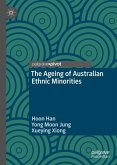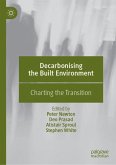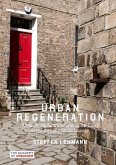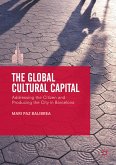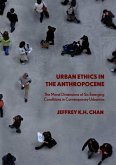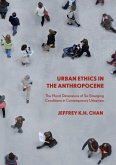The redevelopment of London Docklands set a new standard for urban regeneration. City governments all over the world now aspire to the high-rise, high-gloss, high-cost 'office-residential-retail' formula (just add iconic casino/luxury hotel/state-of-the-art stadium) that passes for mixed use in the early 21st century. Waterfront cities are especially captured by this vision of the spectacular: the sparkling, once-in-a-lifetime break that will catapult that city onto the world stage. Most of these waterfronts are former docks, shipyards and city utilities, deindustrialised in the late 20th century, close to the old city centre, with very high potential value. They enter the current phase as public land or a mix of devalued private and public ownership, offering some of the best opportunities a state will ever have to plan and deliver what its people need. What is being made of these opportunities? Many cities are using public funds to support their private redevelopment into increasingly indistinguishable corporate and soulless landscapes. But not always. This book reveals the squandered opportunities in the rich cities of Australia, Canada and Germany, and their subsequent efforts to salvage this land in the public interest. It shows that urban development that is hostile to local people is not inevitable, and that there are ways of doing it better.


